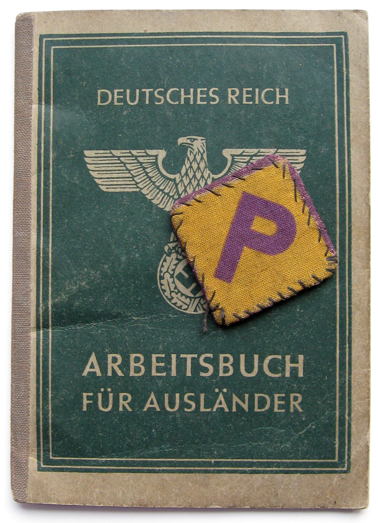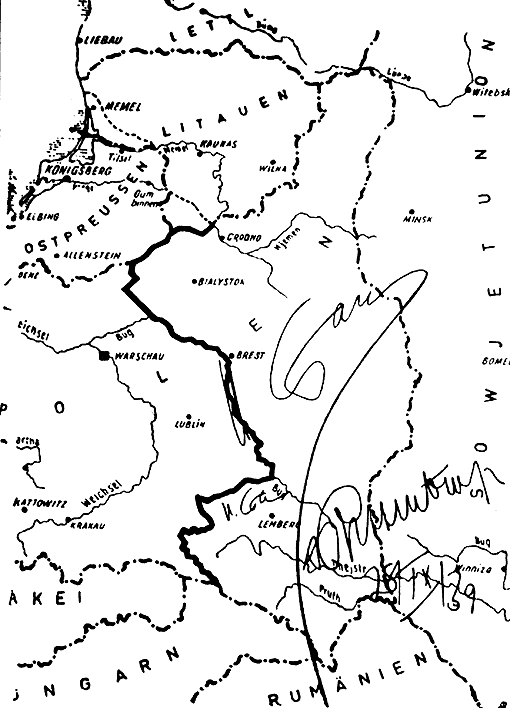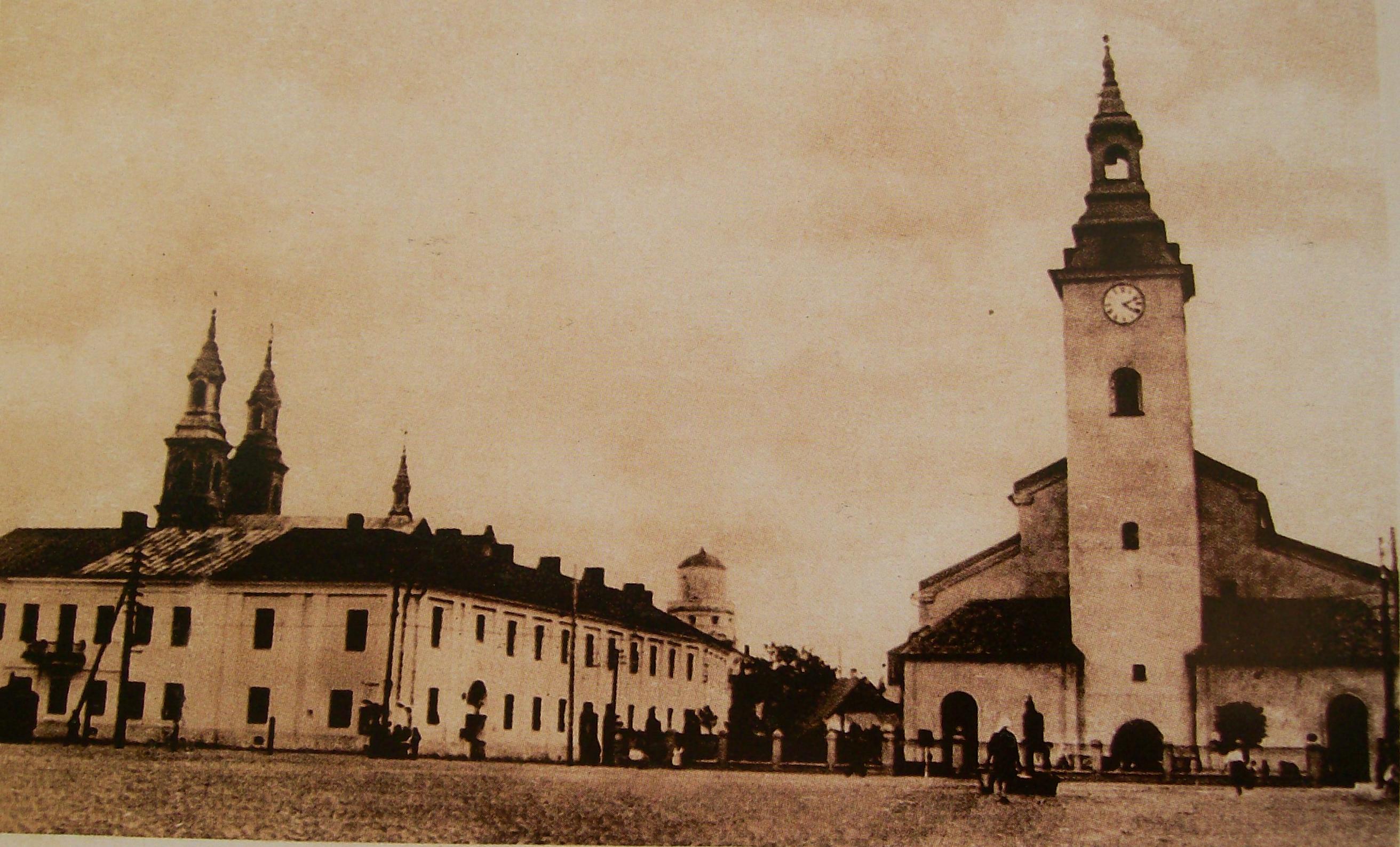|
Jeżopole
Jeżopole is a neighbourhood of Lututów, Poland, located in the north-eastern part of the town. History During the German occupation of Poland (World War II), in December 1941 and January 1942, the German gendarmerie carried out expulsions of Poles, who were placed in a transit camp in nearby Wieluń, and then deported either to the General Government in the more eastern part of German-occupied Poland or to forced labour in Germany, while their houses were handed over to German colonists as part of the ''Lebensraum (, ''living space'') is a German concept of settler colonialism, the philosophy and policies of which were common to German politics from the 1890s to the 1940s. First popularized around 1901, '' lso in:' became a geopolitical goal of Imper ...'' policy. References Neighbourhoods in Poland Wieruszów County {{Wieruszów-geo-stub ... [...More Info...] [...Related Items...] OR: [Wikipedia] [Google] [Baidu] |
Gmina Lututów
__NOTOC__ Gmina Lututów is a rural gmina (administrative district) in Wieruszów County, Łódź Voivodeship, in central Poland. Its seat is the village of Lututów, which lies approximately east of Wieruszów and south-west of the regional capital Łódź. The gmina covers an area of , and as of 2006 its total population is 4,751. Villages Gmina Lututów contains the villages and settlements of Augustynów, Bielawy, Brzozowiec, Chojny, Dębina, Dobrosław, Dobrosław-Kolonia, Dymki, Hipolity, Huta, Janusz, Jeżopole, Józefina, Kijanice, Kłoniczki, Kluski, Knapy, Kopaniny, Kornelin, Kozub, Łęki Duże, Łęki Małe, Lututów Lututów is a small town in Wieruszów County, Łódź Voivodeship, in central Poland. It is the seat of the gmina (administrative district) called Gmina Lututów. It lies approximately east of Wieruszów and south-west of the regional capita ..., Niemojew, Ostrycharze, Piaski, Piaski-Młynek, Popielina, Popielina-Tow ... [...More Info...] [...Related Items...] OR: [Wikipedia] [Google] [Baidu] |
Lututów
Lututów is a small town in Wieruszów County, Łódź Voivodeship, in central Poland. It is the seat of the gmina (administrative district) called Gmina Lututów. It lies approximately east of Wieruszów and south-west of the regional capital Łódź. The town has a population of 2,241 (2020). History The town was first mentioned in 1406 under the name ''Lutuldisthat'' (from German '' Lutoldsstadt'', translated Lutoldstown). Lututów was administratively located in the Sieradz Voivodeship in the Greater Poland Province of the Kingdom of Poland. It was annexed by Prussia in the Second Partition of Poland in 1793. In 1807 it was regained by Poles and included within the short-lived Duchy of Warsaw, and in 1815 it fell to the Russian Partition of Poland. The Battle of Lututów was fought there between Polish insurgents and Russian troops on June 15, 1863 during the January Uprising. It was eventually restored to Poland, when the country regained independence after World Wa ... [...More Info...] [...Related Items...] OR: [Wikipedia] [Google] [Baidu] |
Countries Of The World
The following is a list providing an overview of sovereign states around the world with information on their status and recognition of their sovereignty. The 206 listed states can be divided into three categories based on membership within the United Nations System: 193 member states of the United Nations, UN member states, 2 United Nations General Assembly observers#Present non-member observers, UN General Assembly non-member observer states, and 11 other states. The ''sovereignty dispute'' column indicates states having undisputed sovereignty (188 states, of which there are 187 UN member states and 1 UN General Assembly non-member observer state), states having disputed sovereignty (16 states, of which there are 6 UN member states, 1 UN General Assembly non-member observer state, and 9 de facto states), and states having a political status of the Cook Islands and Niue, special political status (2 states, both in associated state, free association with New Zealand). Compi ... [...More Info...] [...Related Items...] OR: [Wikipedia] [Google] [Baidu] |
World War II
World War II or the Second World War, often abbreviated as WWII or WW2, was a world war that lasted from 1939 to 1945. It involved the vast majority of the world's countries—including all of the great powers—forming two opposing military alliances: the Allies and the Axis powers. World War II was a total war that directly involved more than 100 million personnel from more than 30 countries. The major participants in the war threw their entire economic, industrial, and scientific capabilities behind the war effort, blurring the distinction between civilian and military resources. Aircraft played a major role in the conflict, enabling the strategic bombing of population centres and deploying the only two nuclear weapons ever used in war. World War II was by far the deadliest conflict in human history; it resulted in 70 to 85 million fatalities, mostly among civilians. Tens of millions died due to genocides (including the Holocaust), starvation, ma ... [...More Info...] [...Related Items...] OR: [Wikipedia] [Google] [Baidu] |
Institute Of National Remembrance
The Institute of National Remembrance – Commission for the Prosecution of Crimes against the Polish Nation ( pl, Instytut Pamięci Narodowej – Komisja Ścigania Zbrodni przeciwko Narodowi Polskiemu, abbreviated IPN) is a Polish state research institute in charge of education and archives with investigative and lustration powers. The IPN was established by the Polish parliament by the Act on the Institute of National Remembrance of 18 December 1998, which incorporated the earlier Main Commission for the Prosecution of Crimes against the Polish Nation of 1991. IPN itself had replaced a body on Nazi crimes established in 1945. In 2018, IPN's mission statement was amended by the controversial Amendment to the Act on the Institute of National Remembrance to include "protecting the reputation of the Republic of Poland and the Polish Nation". The IPN investigates Nazi and Communist crimes committed between 1917 and 1990, documents its findings, and disseminates them to the public ... [...More Info...] [...Related Items...] OR: [Wikipedia] [Google] [Baidu] |
Lebensraum
(, ''living space'') is a German concept of settler colonialism, the philosophy and policies of which were common to German politics from the 1890s to the 1940s. First popularized around 1901, '' lso in:' became a geopolitical goal of Imperial Germany in World War I (1914–1918), as the core element of the of territorial expansion. The most extreme form of this ideology was supported by the Nazi Party and Nazi Germany. was a leading motivation of Nazi Germany to initiate World War II, and it would continue this policy until the end of World War II.Woodruff D. Smith. The Ideological Origins of Nazi Imperialism. Oxford University Press. p. 84. Following Adolf Hitler's rise to power, became an ideological principle of Nazism and provided justification for the German territorial expansion into Central and Eastern Europe. The Nazi policy () was based on its tenets. It stipulated that Germany required a ' necessary for its survival and that most of the indigenous populations o ... [...More Info...] [...Related Items...] OR: [Wikipedia] [Google] [Baidu] |
Germans
, native_name_lang = de , region1 = , pop1 = 72,650,269 , region2 = , pop2 = 534,000 , region3 = , pop3 = 157,000 3,322,405 , region4 = , pop4 = 21,000 3,000,000 , region5 = , pop5 = 125,000 982,226 , region6 = , pop6 = 900,000 , region7 = , pop7 = 142,000 840,000 , region8 = , pop8 = 9,000 500,000 , region9 = , pop9 = 357,000 , region10 = , pop10 = 310,000 , region11 = , pop11 = 36,000 250,000 , region12 = , pop12 = 25,000 200,000 , region13 = , pop13 = 233,000 , region14 = , pop14 = 211,000 , region15 = , pop15 = 203,000 , region16 = , pop16 = 201,000 , region17 = , pop17 = 101,000 148,00 ... [...More Info...] [...Related Items...] OR: [Wikipedia] [Google] [Baidu] |
Germany
Germany,, officially the Federal Republic of Germany, is a country in Central Europe. It is the second most populous country in Europe after Russia, and the most populous member state of the European Union. Germany is situated between the Baltic and North seas to the north, and the Alps to the south; it covers an area of , with a population of almost 84 million within its 16 constituent states. Germany borders Denmark to the north, Poland and the Czech Republic to the east, Austria and Switzerland to the south, and France, Luxembourg, Belgium, and the Netherlands to the west. The nation's capital and most populous city is Berlin and its financial centre is Frankfurt; the largest urban area is the Ruhr. Various Germanic tribes have inhabited the northern parts of modern Germany since classical antiquity. A region named Germania was documented before AD 100. In 962, the Kingdom of Germany formed the bulk of the Holy Roman Empire. During the 16th ce ... [...More Info...] [...Related Items...] OR: [Wikipedia] [Google] [Baidu] |
Forced Labour Under German Rule During World War II
The use of slave and forced labour in Nazi Germany (german: Zwangsarbeit) and throughout German-occupied Europe during World War II took place on an unprecedented scale. It was a vital part of the German economic exploitation of conquered territories. It also contributed to the mass extermination of populations in occupied Europe. The Germans abducted approximately 12 million people from almost twenty European countries; about two thirds came from Central Europe and Eastern Europe.Part1 an Part 2 . Many workers died as a result of their living conditionsextreme mi ... [...More Info...] [...Related Items...] OR: [Wikipedia] [Google] [Baidu] |
General Government
The General Government (german: Generalgouvernement, pl, Generalne Gubernatorstwo, uk, Генеральна губернія), also referred to as the General Governorate for the Occupied Polish Region (german: Generalgouvernement für die besetzten polnischen Gebiete), was a German zone of occupation established after the invasion of Poland by Nazi Germany, Slovakia and the Soviet Union in 1939 at the onset of World War II. The newly occupied Second Polish Republic was split into three zones: the General Government in its centre, Polish areas annexed by Nazi Germany in the west, and Polish areas annexed by the Soviet Union in the east. The territory was expanded substantially in 1941, after the German Invasion of the Soviet Union, to include the new District of Galicia. The area of the ''Generalgouvernement'' roughly corresponded with the Austrian part of the Polish–Lithuanian Commonwealth after the Third Partition of Poland in 1795. The basis for the formation of the ... [...More Info...] [...Related Items...] OR: [Wikipedia] [Google] [Baidu] |
Wieluń
Wieluń ( la, Velun) is a town in south-central Poland with 21,624 inhabitants (2021). Situated in the Łódź Voivodeship (since 1999), it was previously in Sieradz Voivodeship (1975–1998). Wieluń has a long and rich history. In the past, it used to be an important urban trade centre of the Kingdom of Poland. Several Polish kings and notables visited the town, but following the catastrophic Swedish Deluge (1655–1660), Wieluń declined and never regained its status. In September 1939, during the invasion of Poland, it was heavily bombed by the Luftwaffe. The Bombing of Wieluń is considered to be the first World War II bombing in Europe. It killed at least 127 civilians, injured hundreds more and destroyed the majority of the town. Origin of the name Wieluń was first mentioned in a 1282 document as Velun (in 1283: Vilin). The exact origin of the name has not been explained. Historians claim that either it comes from a Slavic word "vel" (which means a wetland), or from ... [...More Info...] [...Related Items...] OR: [Wikipedia] [Google] [Baidu] |
Expulsion Of Poles By Nazi Germany
The Expulsion of Poles by Nazi Germany during World War II was a massive operation consisting of the forced resettlement of over 1.7 million Poles from the territories of German-occupied Poland, with the aim of their Germanization (see Lebensraum) between 1939 and 1944. The German Government had plans for the extensive colonisation of territories of occupied Poland, which were annexed directly into Nazi Germany in 1939. Eventually these plans grew bigger to include parts of the General Government. The region was to become a "purely German area" within 15–20 years, as explained by Adolf Hitler in March 1941. By that time the General Government was to be cleared of 15 million Polish nationals, and resettled by 4–5 million ethnic Germans. The operation was the culmination of the expulsion of Poles by Germany carried out since the 19th century, when Poland was partitioned among foreign powers including Germany. Racial policies Following the German invasion of the country, ... [...More Info...] [...Related Items...] OR: [Wikipedia] [Google] [Baidu] |









